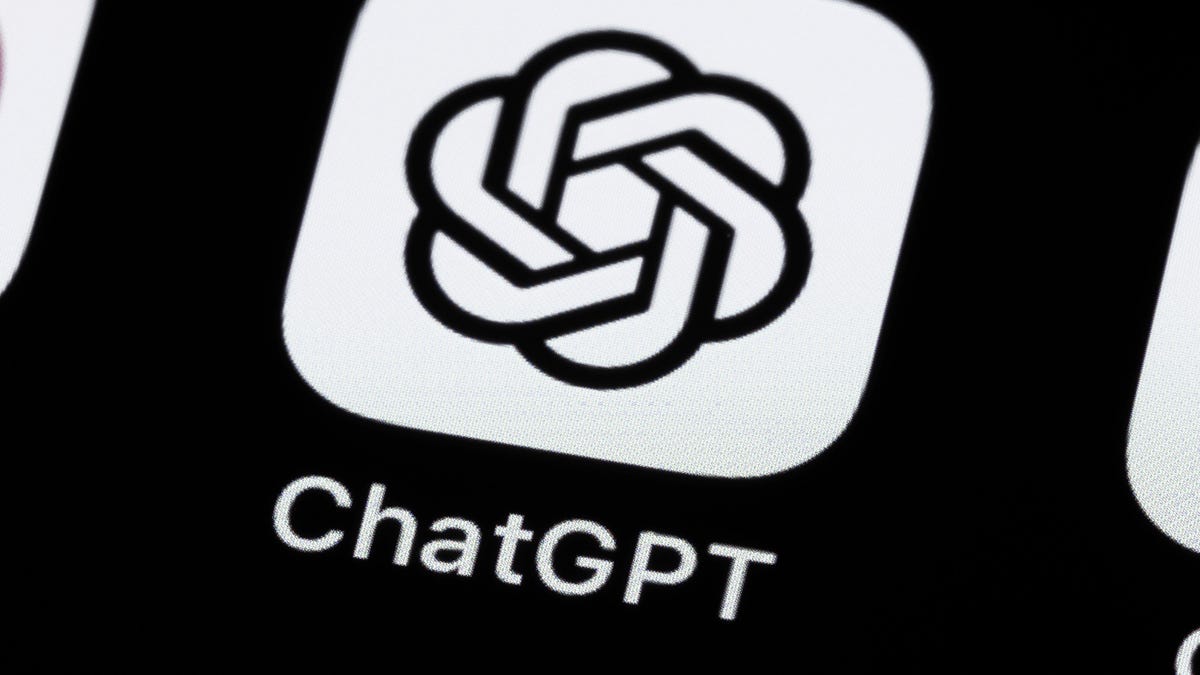The research from Purdue University, first spotted by news outlet Futurism, was presented earlier this month at the Computer-Human Interaction Conference in Hawaii and looked at 517 programming questions on Stack Overflow that were then fed to ChatGPT.
“Our analysis shows that 52% of ChatGPT answers contain incorrect information and 77% are verbose,” the new study explained. “Nonetheless, our user study participants still preferred ChatGPT answers 35% of the time due to their comprehensiveness and well-articulated language style.”
Disturbingly, programmers in the study didn’t always catch the mistakes being produced by the AI chatbot.
“However, they also overlooked the misinformation in the ChatGPT answers 39% of the time,” according to the study. “This implies the need to counter misinformation in ChatGPT answers to programming questions and raise awareness of the risks associated with seemingly correct answers.”



GPT-2 came out a little more than 5 years ago, it answered 0% of questions accurately and couldn’t string a sentence together.
GPT-3 came out a little less than 4 years ago and was kind of a neat party trick, but I’m pretty sure answered ~0% of programming questions correctly.
GPT-4 came out a little less than 2 years ago and can answer 48% of programming questions accurately.
I’m not talking about mortality, or creativity, or good/bad for humanity, but if you don’t see a trajectory here, I don’t know what to tell you.
Seeing the trajectory is not ultimate answer to anything.
Perhaps there is some line between assuming infinite growth and declaring that this technology that is not quite good enough right now will therefore never be good enough?
Blindly assuming no further technological advancements seems equally as foolish to me as assuming perpetual exponential growth. Ironically, our ability to extrapolate from limited information is a huge part of human intelligence that AI hasn’t solved yet.
no one said that. but someone did try to reject the fact it is demonstrably bad right now, because “there is a trajectory”.
That comes off as disingenuous in this instance.
https://www.reuters.com/technology/openai-ceo-altman-says-davos-future-ai-depends-energy-breakthrough-2024-01-16/
It’s a good trajectory, but when you have people running these companies saying that we need “energy breakthroughs” to power something that gives more accurate answers in the face of a world that’s already experiencing serious issues arising from climate change…
It just seems foolhardy if we have to burn the planet down to get to 80% accuracy.
I’m glad Altman is at least promoting nuclear, but at the same time, he has his fingers deep in a nuclear energy company, so it’s not like this isn’t something he might be pushing because it benefits him directly. He’s not promoting nuclear because he cares about humanity, he’s promoting nuclear because has deep investment in nuclear energy. That seems like just one more capitalist trying to corner the market for themselves.